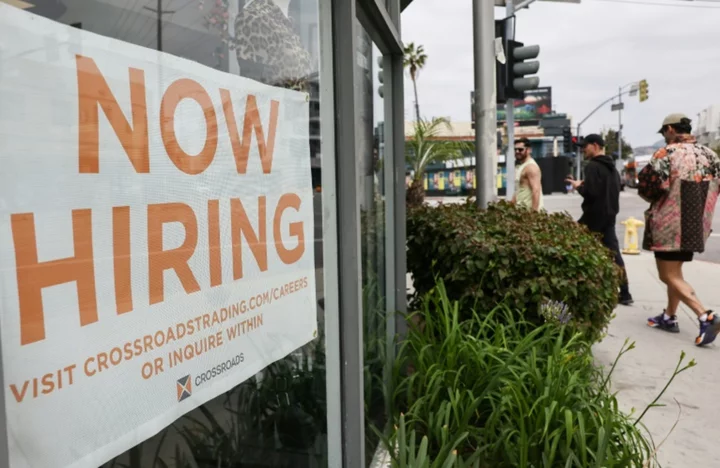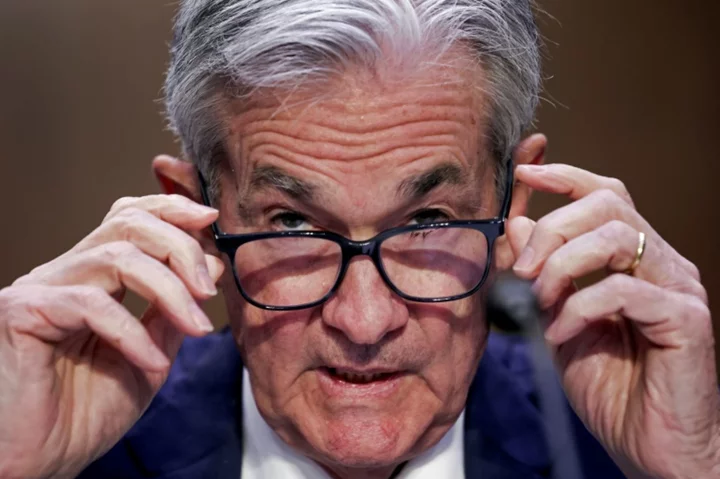Job creation in the United States was lower than anticipated in July, according to government data released Friday, hovering at the slowest pace since late 2020 in encouraging news for policymakers.
The figures suggest that the jobs market in the world's biggest economy is cooling, although wage gains remain strong, adding to encouraging signs that the United States could lower inflation without triggering a major recession.
Analysts have been warning of a looming downturn as the central bank lifted interest rates rapidly to rein in cost-of-living pressures, recently bringing them to the highest level since 2001.
But hiring stayed solid as the United States added 187,000 jobs last month, slightly above the 185,000 figure in June after a downward revision, said the Department of Labor on Friday.
The jobless rate was 3.5 percent, a touch below June's 3.6 percent figure as well and remaining at a historically low level.
Meanwhile, average hourly earnings rose 0.4 percent in July, the same pace as the month before.
Compared with a year ago, earnings were 4.4 percent up, a level that some analysts believe could still be too elevated for Federal Reserve officials.
Despite higher interest rates, consumer spending has remained resilient, in part supported by salary gains.
But observers note that consumers -- while still willing to spend -- are becoming more cautious and selective as they draw down on savings accumulated during the pandemic.
Overall, "job gains occurred in health care, social assistance, financial activities, and wholesale trade," said the Labor Department report on Friday.
The participation rate held steady last month.
- More evidence needed? -
The latest numbers could lift hopes that the Federal Reserve soon ends its cycle of rate increases, although some economists believe more easing is needed.
The pace of job creation remains "well below the average 399,000 job gain reported in 2022," said EY-Parthenon senior economist Lydia Boussour in a note ahead of the latest report.
"Businesses have been cutting workers' hours in recent months and jobs growth has become significantly less broad-based," she added.
A sideways tilt of the July jobs report would also echo recent data suggesting that the economy is gradually losing momentum.
But Rubeela Farooqi, chief US economist at High Frequency Economics, added that "Fed officials will want to see further evidence of easing, in job growth, wages and inflation, to more sustainable levels."
"Wages did not ease as expected, which will be disappointing to policymakers," she said.
bys/caw









